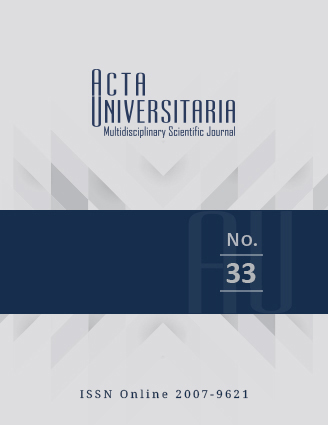Publicado 2023-05-24
Cómo citar
Resumen
La diabetes mellitus tipo 2 (DMT2) representa un problema de salud pública en México por los altos índices de morbilidad y mortalidad debido a la falta de adherencia al tratamiento farmacológico. El objetivo fue analizar la adherencia al tratamiento farmacológico mediante un modelo de ecuaciones estructurales. A través de un estudio cuantitativo, no experimental, descriptivo, transversal y correlacional-explicativo, se trabajó con una muestra por conveniencia de 261 personas con DMT2 (64% mujeres y 36% hombres), con una media de 52.93 años y diagnóstico de DMT2 en Chetumal, Quintana Roo, México. El modelo estructural demostró que el ambiente hospitalario y el funcionamiento familiar tuvieron un efecto positivo y significativo en la adherencia al tratamiento farmacológico; a su vez, estos dos factores de segundo orden mediaron la adherencia al tratamiento farmacológico a través de las estrategias de afrontamiento activo.


